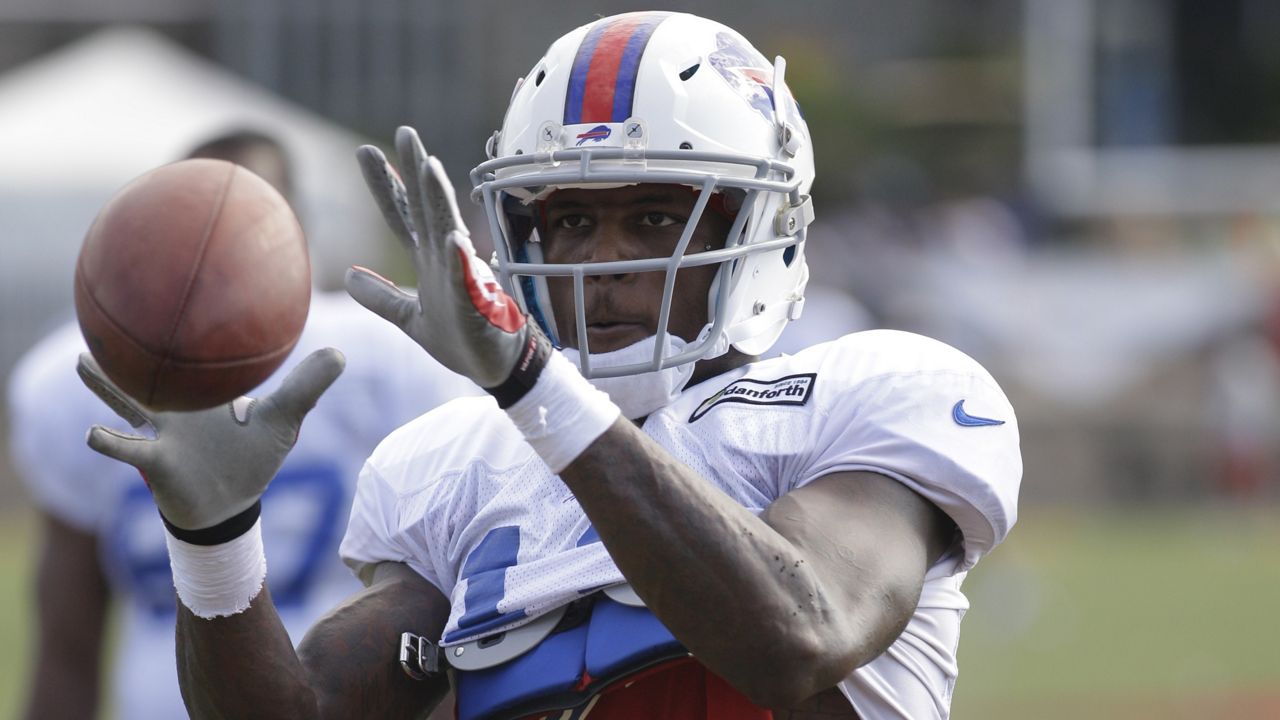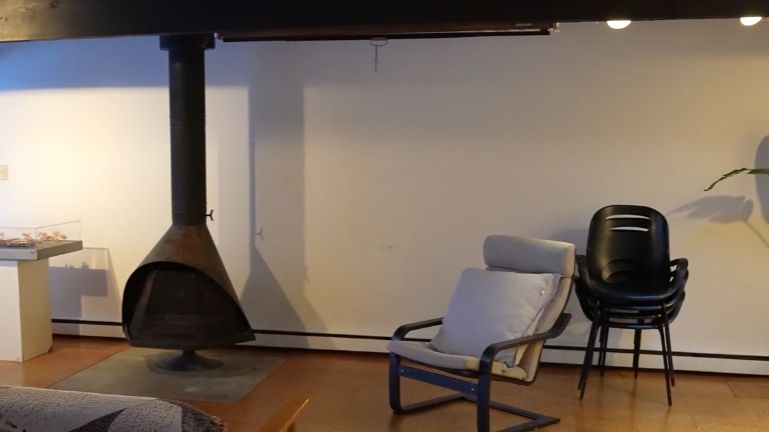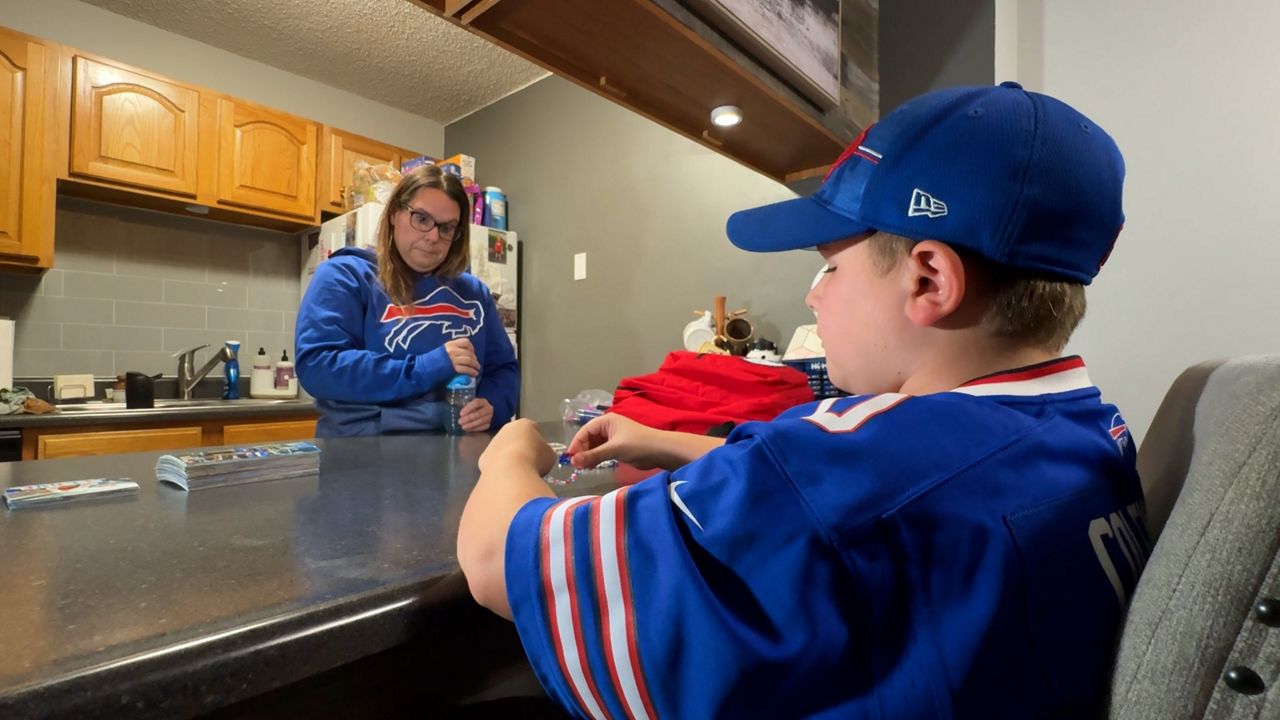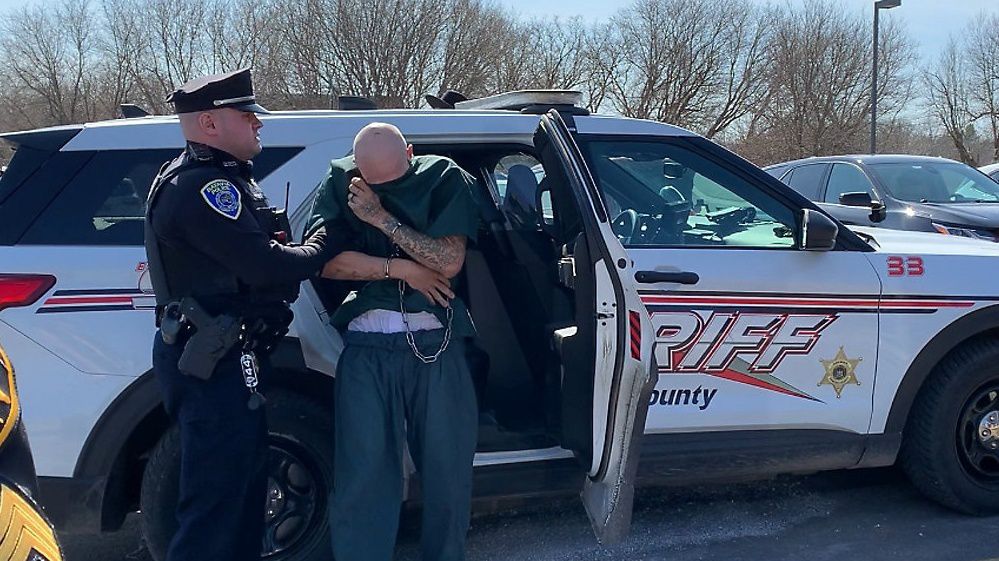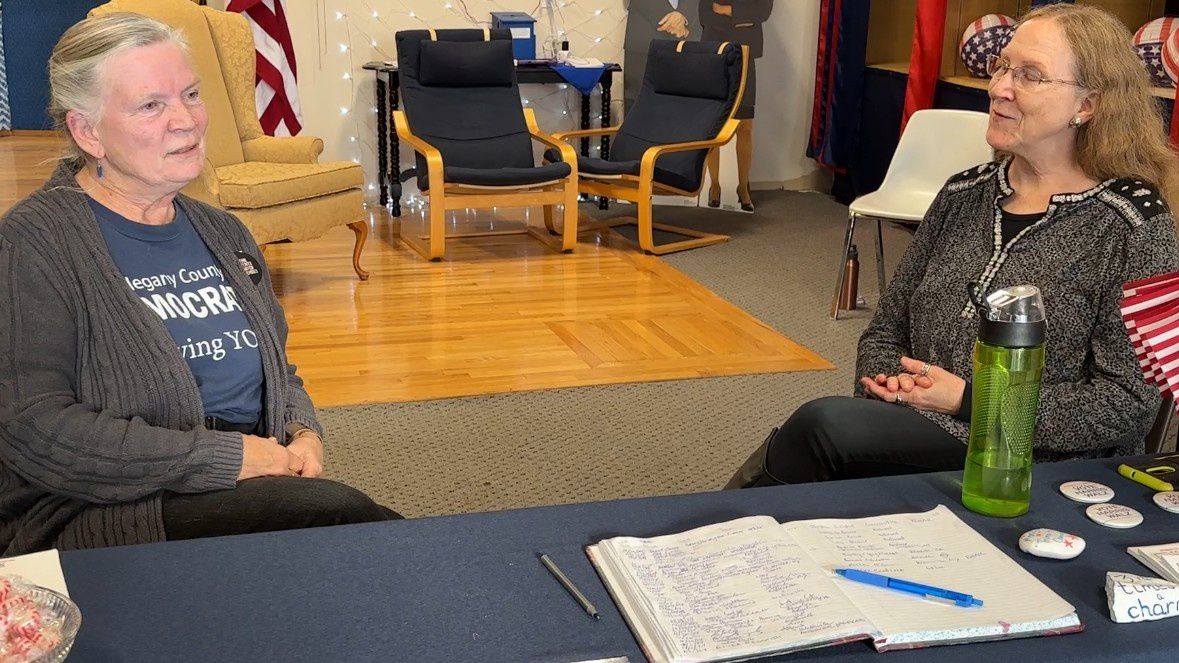BUFFALO, N.Y. — Historical documents give us a glimpse into a different time, but what’s saved and what isn’t can paint different stories.
St. Philip's Episcopal Church was only the fourth church founded by Black Americans in Buffalo. Their archival collection, which dates back to the 1860s, was recently preserved.
“This church has a long history in the community,” said Uncrowned Queens Institute co-founder Barbara Seals Nevergold. “This church, along with other churches in the community, certainly organized protests against slavery, their young men were sent off to join the Union Army once they started accepting African Americans, the church also was a sanctuary, I'm sure, for freedom seekers who were still escaping from enslavement and on their way to Canada.”
St. Philip's was only the fourth church founded by Black Americans in Buffalo. Birth and death records, marriage records, minutes from administrative meetings and more were all kept.
“The records go back to 1861, before the Emancipation Proclamation, and they tell a story of what life was like for African Americans at the time,” explained Lillian S. Williams, an associate professor of Africana and American Studies at the University at Buffalo.
They became a source of interest to Seals Nevergold and Williams.
“I worked with a couple of graduate students [...] to found an organization, the Afro American Historical Association of the Niagara Frontier," said Williams. "We were discouraged because repositories really did not have the collections that we needed to do our work.”
She started her own, got access to the church’s records 40 years ago, and microfilmed them, but that’s not a convenient method anymore. That's why the two worked to get them to the archives at the University at Buffalo.
“Henry Moxley [...] he was a former slave," said Williams, pointing out a name in the church records. "Moxley was instrumental in getting the schools in New York integrated.”
It pieces together the stories behind historical figures.
“The first rector was a Caucasian gentleman," said Seals Nevergold. "So I wondered, 'OK, well, what kind of person was he? How did he manage to straddle two cultural, two ethnic groups in serving them as their pastor.'”
They provide lessons for everyone.
“We always say, if you don't know your history, you're bound to repeat it. That's both good and the bad," said Seals Nevergold. "But also, I think there's inspiration in history.”
An inspiration that only grows bigger with more time and knowledge.
“There's a rich history there, but we need to uncover it, and we need to know it," Seals Nevergold explained.
“We just want to preserve the records so that your story can be told, not only to your family, your institution, but to the world, and what impact does that story have in the larger history of the United States and beyond," added Williams.
Part of the push to archive these records was access. Having them at UB means they’re available to the general public, both the originals and digital copies.






